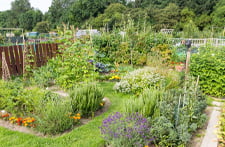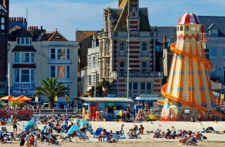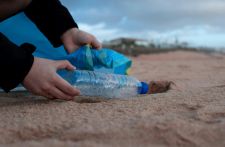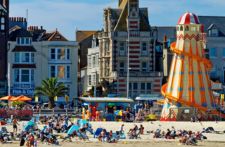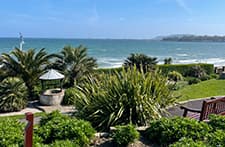Responding to the Climate Emergency
Please note that the below may not be the most up to date information. Our response to the climate emergency is an ongoing process. Up to date details of what we’re doing can be found here.
The impacts of climate breakdown are already causing serious damage around the world. The Special Report on Global Warming of 1.5°C, published by the Intergovernmental Panel on Climate Change in October 2018;
(a) describes the enormous harm that a 2°C average rise in global temperatures is likely to cause compared with a 1.5°C rise, and
(b) confirms that limiting Global Warming to 1.5°C may still be possible with ambitious action from national and sub-national authorities, civil society and the private sector.
If the world is to stay within 1.5°C rise, developed countries like the UK need to cut emissions faster than poorer countries and achieve net-zero carbon by 2030. Strong policies to cut emissions also have associated health, wellbeing and economic benefits.
In response to the climate threat, Weymouth Town Council have declared a climate emergency and we have committed to making the Council’s activities net zero carbon by 2030. Below are examples of the work that we are doing in response to this.
Actions Completed:
- Pledge to go single use plastic free – stopped using single use plastic items ourselves
- Adopted a Cycle-to-Work scheme for staff & introduced secure bike lockers
- Bought our first electric vehicle for Park operations
- Introduced our first electric hand-held tools (hedge trimmers, strimmers) and will continue to replace petrol powered tools with electrical
- Maintaining FREE water refill points along Weymouth & Greenhill beaches
- Encouraged a mobile zero waste shop to come to Weymouth
- Recycling facilities at the Council Offices and along Weymouth Seafront
- Utilising biomass boiler to heat our greenhouses
- Smart metering installed on our electricity supplies
- LED lighting widely installed
Actions On-Going:
- Low Carbon Dorset have been asked to assist with the preparation of an initial draft study report into the carbon footprint of the operation of our key assets, transport and tools, and to provide an outline plan to achieve zero carbon operations
- Approached organisations to provide a quotation for a comprehensive study and report across the whole of the Council’s activities, which provides qualitative measures of the impact of those activities, and overall aggregate measures of the total impact of the Council’s activities and considers climate mitigation measures
- Beach catering, retail and attraction tenders have a sustainability (including single use plastics) assessment criteria and an ongoing requirement to not only deliver upon these, but to further work with the Council to introduce further measures
- Working with partners, including Wessex Water and Dorset Council, to introduce additional FREE water refill locations around the town
- Encouraging all community groups and organisation that we support to think about and address their input impact on climate change and offer support to help them meet their goals
Actions Planned:
- Bring a report to Finance & Governance committee to set out the ways of producing the comprehensive study and report
- Set, as soon as possible, annual targets for these quantitative measures of climate impact on all the Council’s activities for the next 10 years which in aggregate amount to net zero carbon by 2030
- Ensure that all planning comments to Dorset Council are consistent with a shift to net-zero carbon by 2030
- Make decisions that discourage fossil fuel car use, withdraw all forms of subsidy to such usage, redirect resources into electric vehicles, walking, cycling provision and improved rail and bus services, and supports projects that help ensure that all citizens can travel to work and education, and access services in an environmentally friendly way
- Ensure that all policy papers submitted to the Council and its Committees include a Climate Change Impact Assessment
- Engage with all relevant local agencies and partners, including Low Carbon Dorset, to help deliver these goals through all relevant strategies, plans and shared resources and send representatives to attend any meetings, events and partner workshops
- Call on the UK Government to provide the powers, resources and help with funding to make this possible, and lobby local MPs to do likewise


